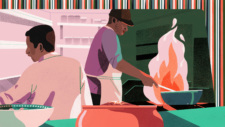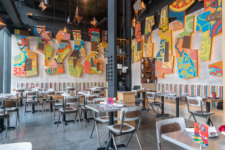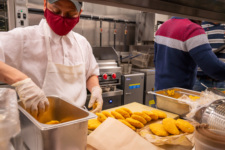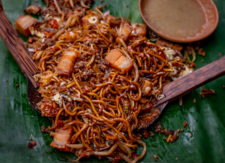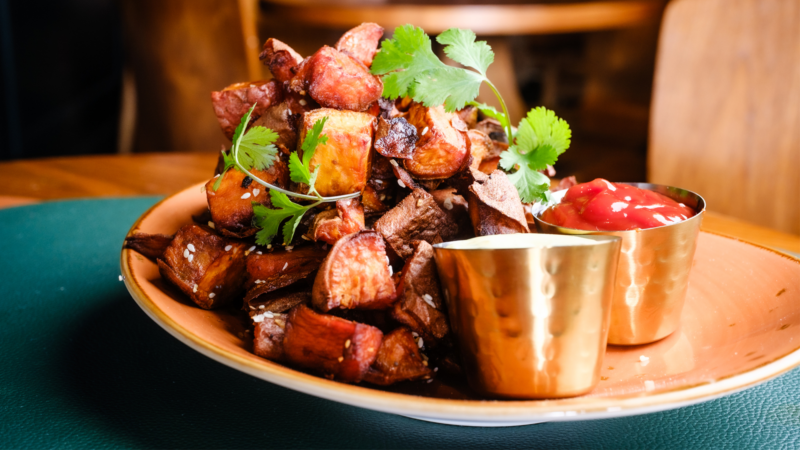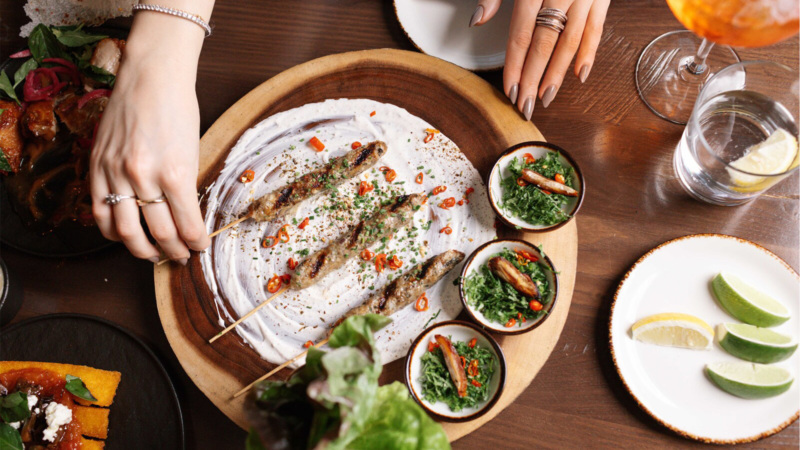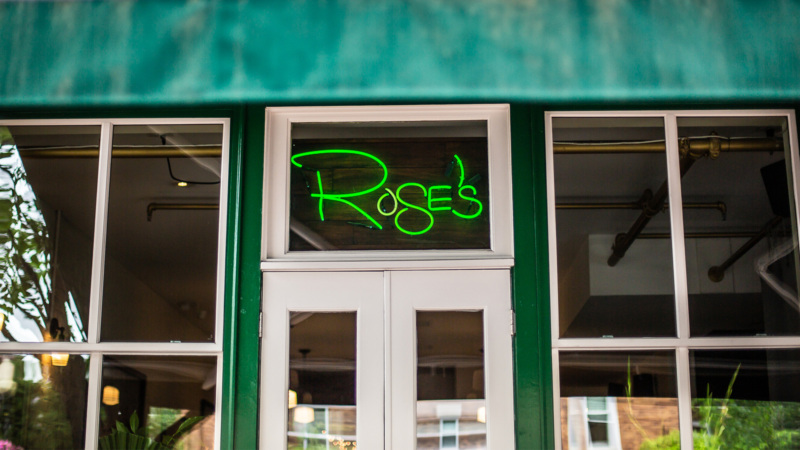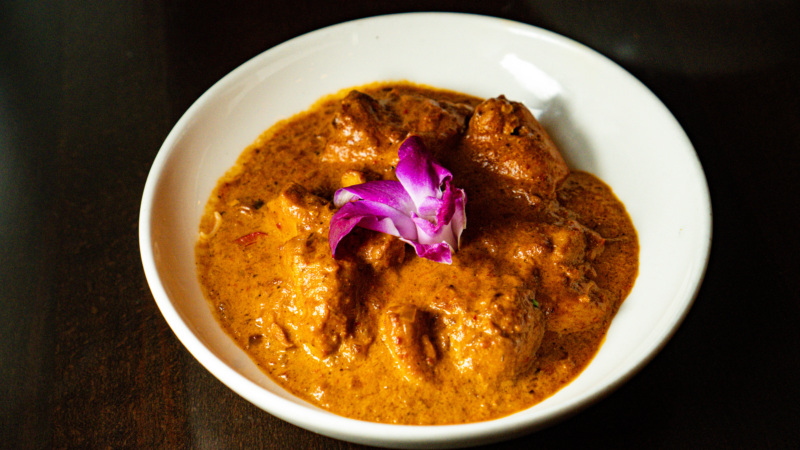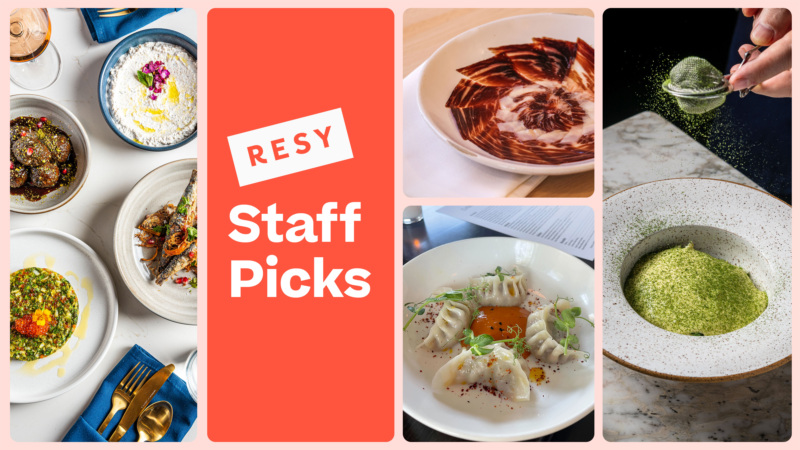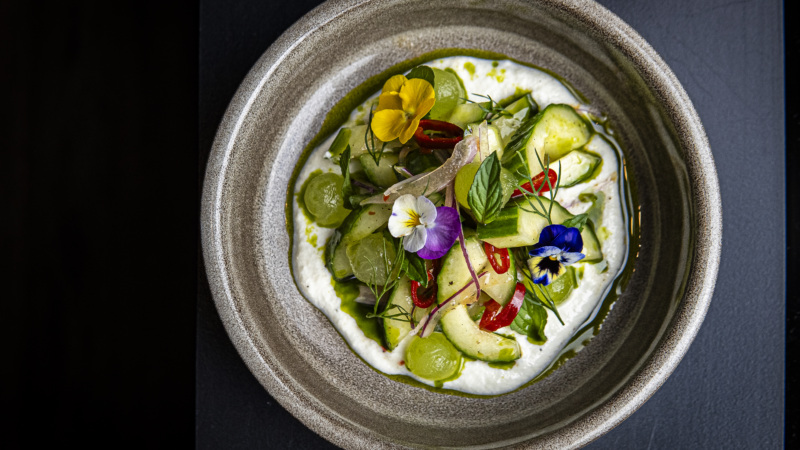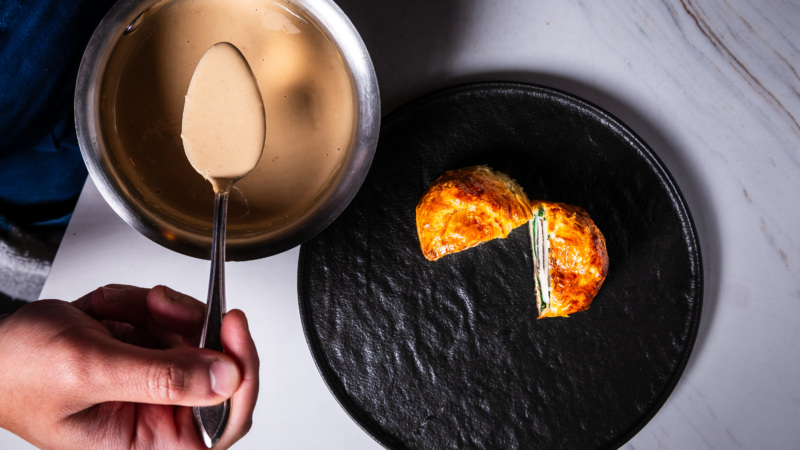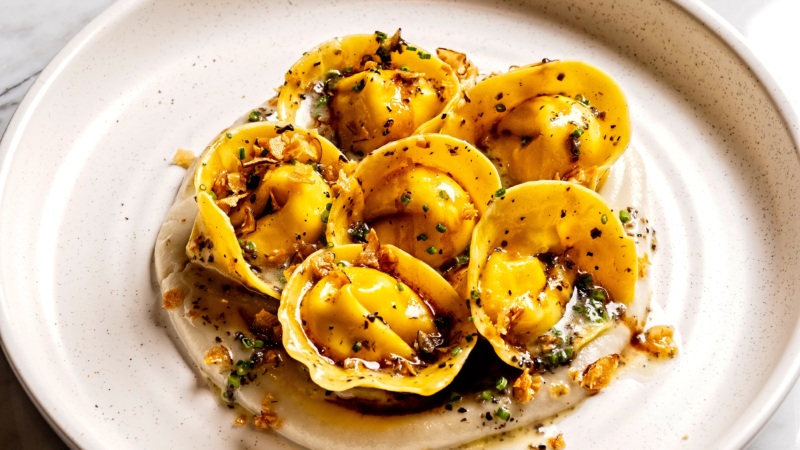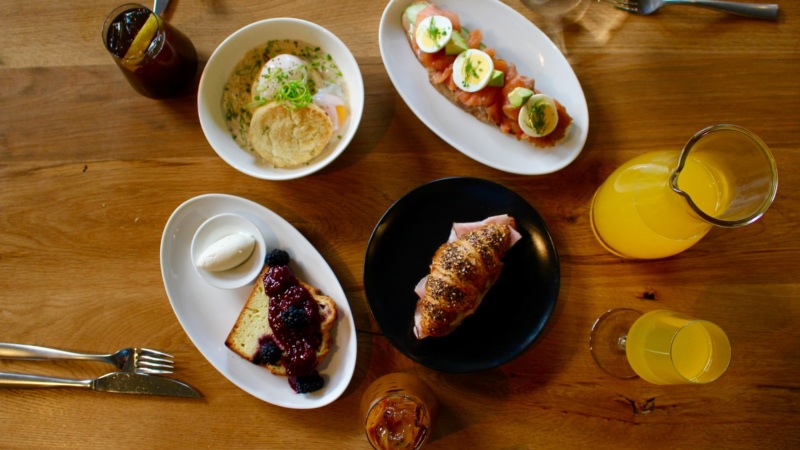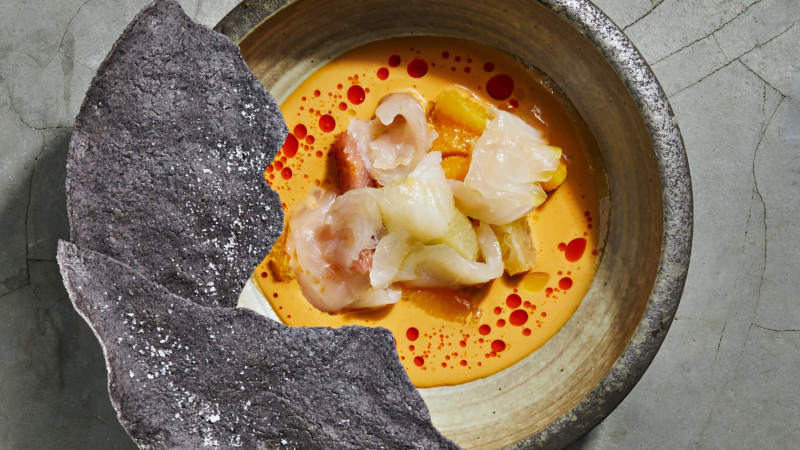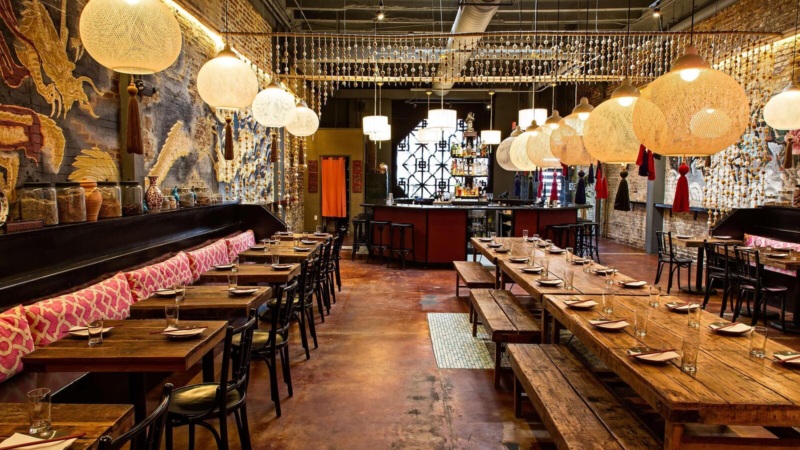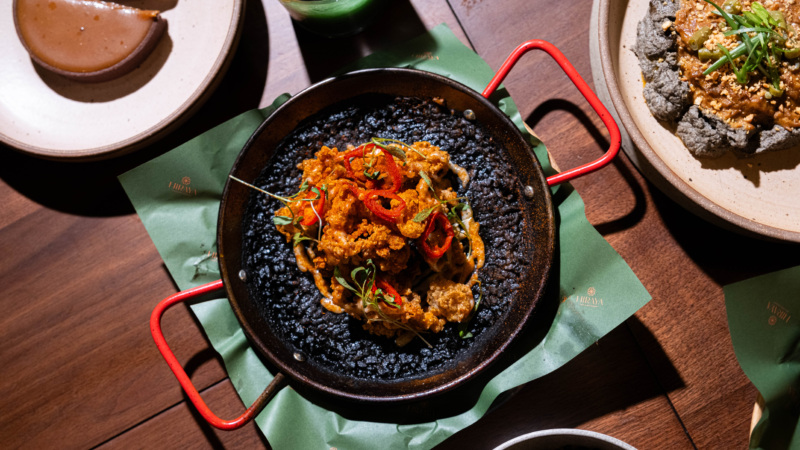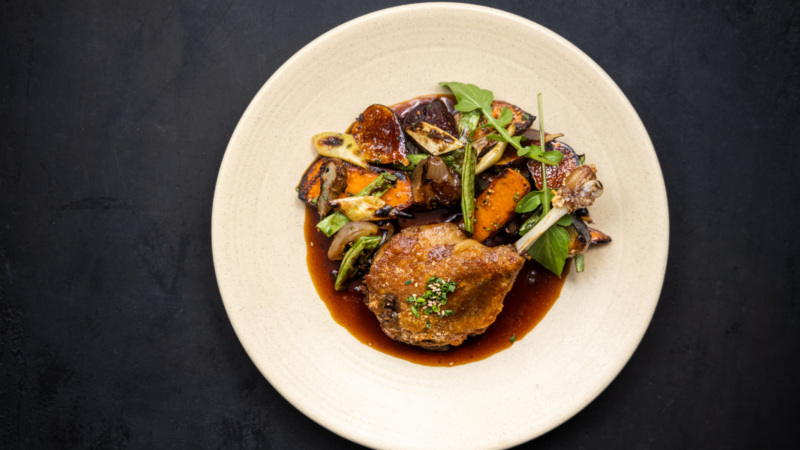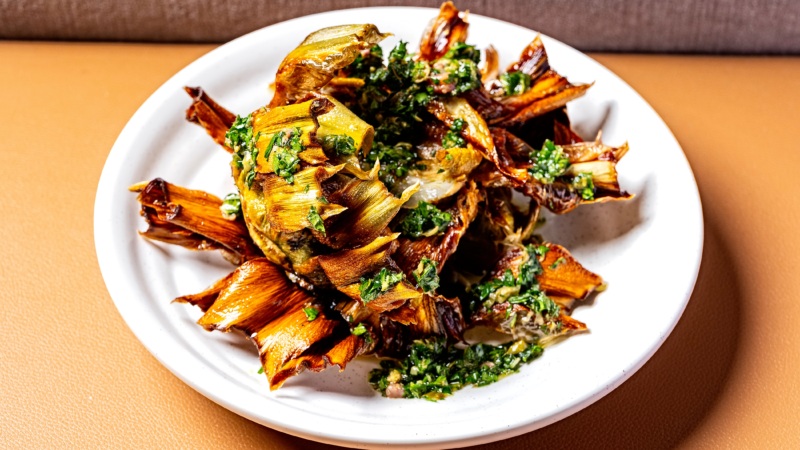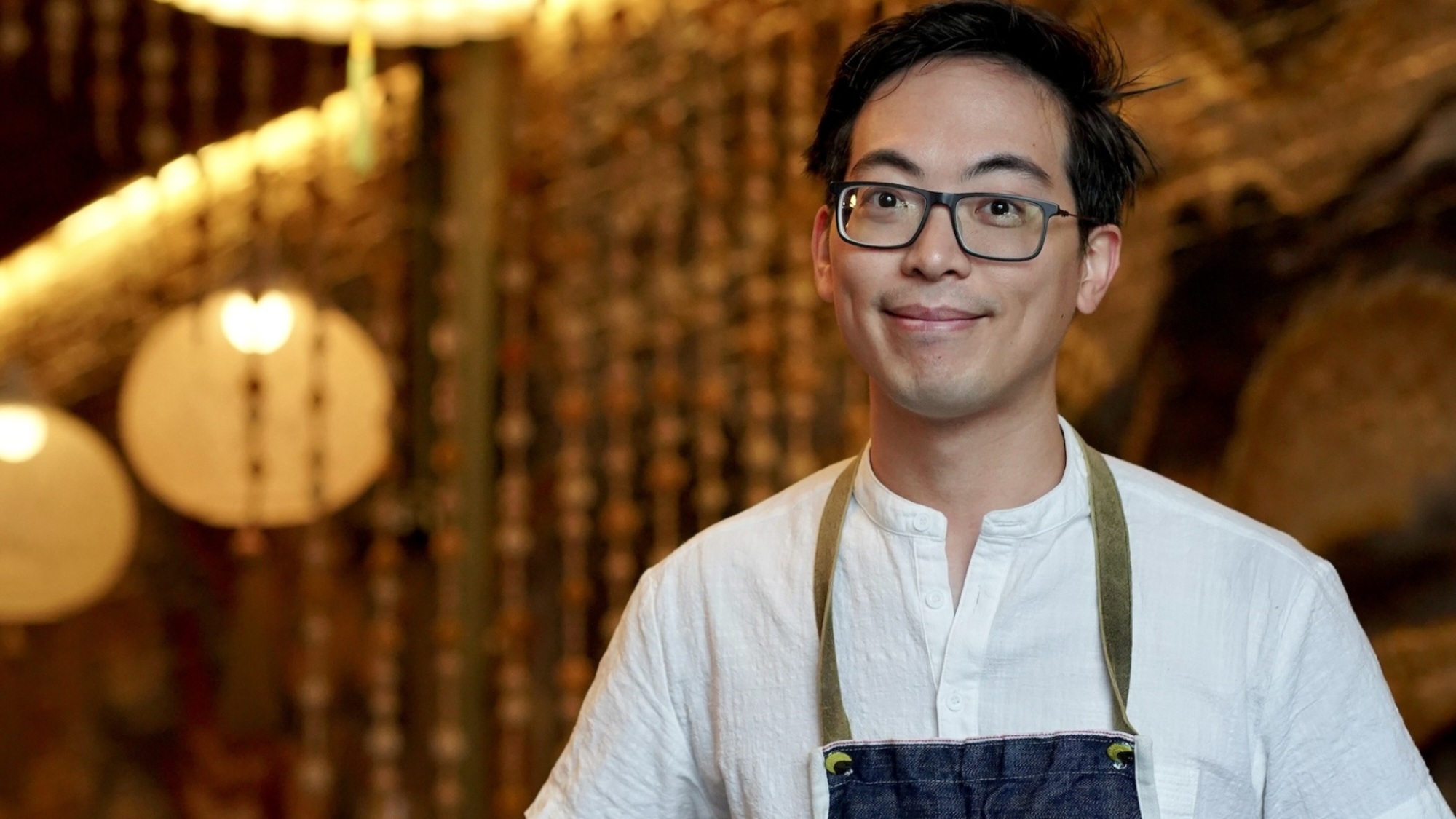
Chef to Chef Washington D.C. New York
Tiger Fork’s Simon Lam on Breaking Boundaries
Welcome to Chef to Chef, wherein Resy empowers chefs to interview other chefs.
Restaurants have always been a part of chef Simon Lam’s life. Growing up in Southern California and Las Vegas, Lam worked alongside his father in the family’s Chinese American restaurant, China Bowl Express, long before he ever attended culinary school. And as a Chinese American whose family emigrated from Vietnam, he says he also grew up learning from all three different cultures.
When Lam arrived at Tiger Fork in Washington, D.C. in 2023, he drew from his own personal experiences to craft a menu that pays homage to Cantonese traditions, but also isn’t afraid to draw from other global influences, either, to make food that hits you in the feels. “What makes me happy is seeing guests come in and enjoy the food and what makes me really proud or makes me feel successful as a chef is if they try it, and that it reminds them of something nostalgic for them, that hits them on a more personal level,” he says.
In July, Lam is inviting chef Chintan Pandya and restaurateur Roni Mazumdar from New York’s Unapologetic Foods Group (Dhamaka, Semma, Naks, Adda Indian Canteen, and Masalawala & Sons) to join him in Los Angeles for a two-day event celebrating the intersection of Indian and Cantonese cuisines.
In anticipation of their collaboration, Resy asked them to interview each other about what it means to be unapologetic, and to cook food from your own heritage. Here’s what they had to say.
[Editor’s Note: The following has been edited for clarity and length.]
Roni Mazumdar: What was your vision for Tiger Fork when you were asked to come on as chef?
Simon Lam: My vision was to bring influences of what modern day Asia and Hong Kong are doing with their food to our audience here. It’s a way to show America that Chinese food can be much more than what we already know; we are approaching it with Hong Kong classics with a twist.
Lam: Why do you call yourselves Unapologetic Foods?
Mazumdar: Because we have been apologizing for who we are for way too long. This idea of being unapologetic liberated us in every way possible and helped us define our path forward. No one should have to apologize for who they are and the culture they have grown up with.
Chintan Pandya: What do you think being unapologetic means, and what’s the most unapologetic thing you have ever done in your life?
Lam: Unapologetic cooking is staying true to yourself; you must first cook for yourself to enjoy it before others can see and taste the passion in your cooking. An example would be when I did a half crispy soy roasted chicken using the head and neck for the sauce base and served it with the Phoenix claw, so that the chicken foot was still attached to the leg and thigh. It’s a delicious way to enjoy a chicken lollipop.
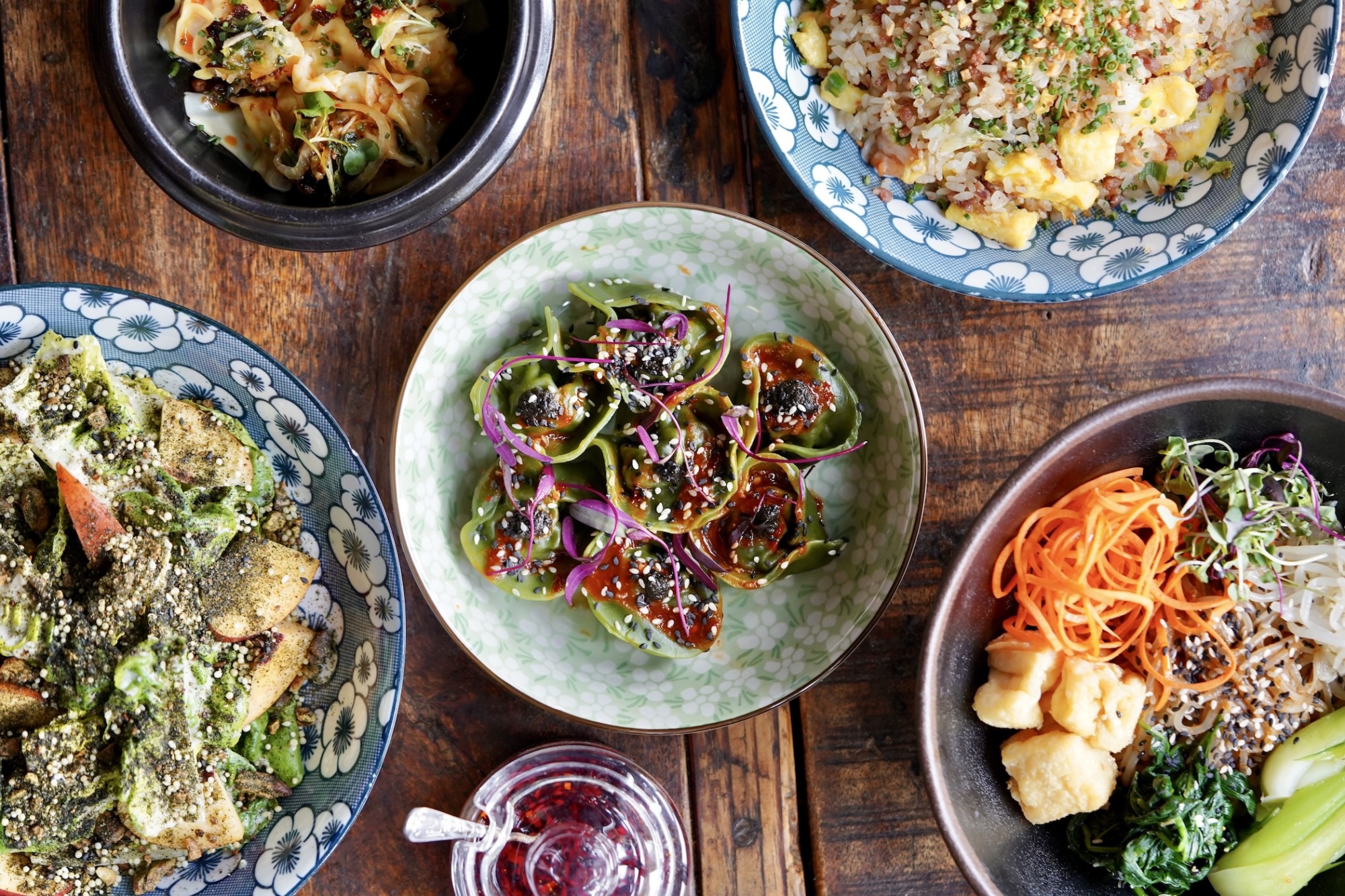

Pandya: What was some of the advice or a secret mantra your father gave you as you pursued a career as a chef?
Lam: His techniques for how to break down meats and the secret skill set to cook on a wok.
Mazumdar: Why did you choose to become a chef who cooked food from his own heritage?
Lam: I was actually classically trained as well, but I enjoy using that base knowledge and what my father taught me to bring the two together and show my flavors and my technique, inspired by Chinese traditions.
Mazumdar: How do you balance old and time-honored Cantonese traditions while also infusing your food with modern or contemporary techniques or ingredients from other cultures or cuisines?
Lam: Whenever I’m tasting and doing R&D for a new item I always reference my toolbox from all of the other cuisines I’ve been cooking in my career: Spanish, French, Mexican, Japanese, Peruvian, and so on. Then I find a connection to Cantonese cuisine and go from there. They have such a unique approach that differs vastly from classic French cooking, which we often call fundamental. The biggest challenge I face is if I use a very traditional style that not many people have tried, it can be challenging to convey the connection I see.
Mazumdar: Do you believe there is still a hierarchy in food that exists in our industry? If so, how do you want to breakthrough those boundaries?
Lam: There are definitely different echelons of cuisine, and you can find fine dining and casual styles for many cuisines. I find Chinese cuisine so challenging to push through the ceiling of fine dining because so many are accustomed to a better value in their meal even over an experience. No matter the quality of ingredients or technique that goes into a noodle dish or rice, people always are under the impression it should fit in a large carton and be under $20. I seek to prove that Chinese cuisine can go beyond street food and takeout.
No matter the quality of ingredients or technique that goes into a noodle dish or rice, people always are under the impression it should fit in a large carton and be under $20. I seek to prove that Chinese cuisine can go beyond street food and takeout.— Simon Lam
Pandya: What inspires you and how do you apply that in your cooking?
Lam: Always improving, that concept of “kaizen.” I find it inspiring to always be changing for the better and improving.
Lam: Why did you want to become a chef or a restaurateur?
Pandya: I grew up in a very middle-class family. I loved eating at restaurants but could not afford to eat out of the house so, by choosing to be a chef I made sure to be able to eat out.
Mazumdar: What are the ways you believe the industry can be improved to better understand lesser-known cuisines?
Lam: I think social media really helped in getting information out there. Also, we are doing events and collaborations such as night markets and like this upcoming event to showcase our food in an arena where people can try new things.
Pandya: Why do you think regional and authentic cuisines have not been embraced in the past like they are now?
Lam: Good question. I believe there are just a larger variety of restaurants popping up everywhere now. It’s not just Outback Steakhouse, TGI Friday’s and P.F. Chang’s everywhere. As city rent and inflation drive business outward, you’re seeing more exciting things to try everywhere. Visibility is key.

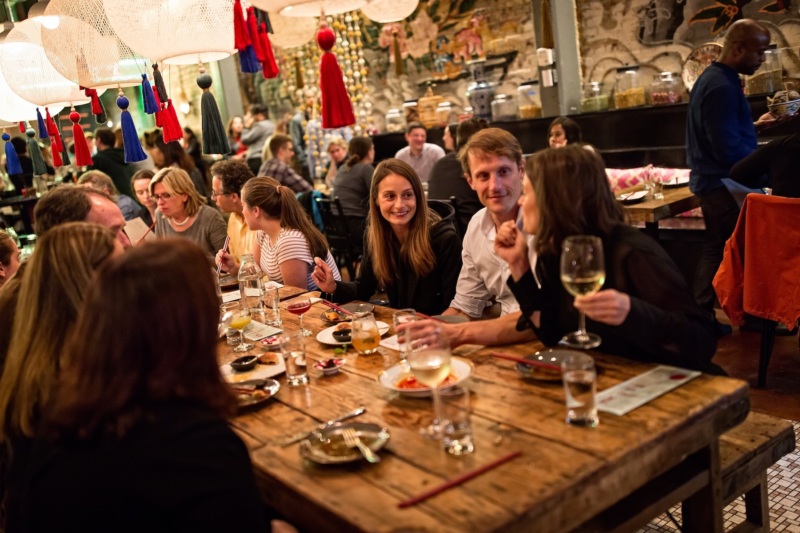
Mazumdar: How do you think food can be better represented in America?
Lam: I think we should start with the farmers first and understand how food is being grown. If we can understand mass production food versus small farmers, we can see how there are pros and cons from both, but we can also learn how can we become better in protecting and taking care and respecting our food quality.
Lam: What’s your goal with what you are doing with your food?
Pandya: The goal is to show Indian food in the right manner and get the right respect and recognition it deserves.
Lam: What kind of change do you want to make in our world with your food? Is this only about food and restaurants and our industry itself? Or is it something more?
Mazumdar: We want people to see each other with the respect they deserve — not as less or more than themselves. Food has the power to change that mindset.

Get Your Tickets
This June and July, Unapologetic Foods is touring the country to pull off some of the year’s most exciting collabs with chefs that include Anajak Thai’s Justin Pichetrungsi, Galit’s Zach Engel, and Tiger Fork’s Simon Lam.
Must be 21 years of age or older to consume alcoholic beverages. Please drink responsibly. American Express reserves the right to remove any person for inappropriate behavior including, but not limited to, conduct that is disruptive, abusive, or violent.
Tiger Fork will be hosting Unapologetic Foods in Washington, D.C. on Sunday, July 14, for a street-eats-themed festival, and on Monday, July 15, for an intimate dinner combining the foods and flavors of the China and India. Find out more here.
Deanna Ting is Resy’s New York & Philadelphia Editor. Follow her on Instagram and X. Follow Resy, too.








